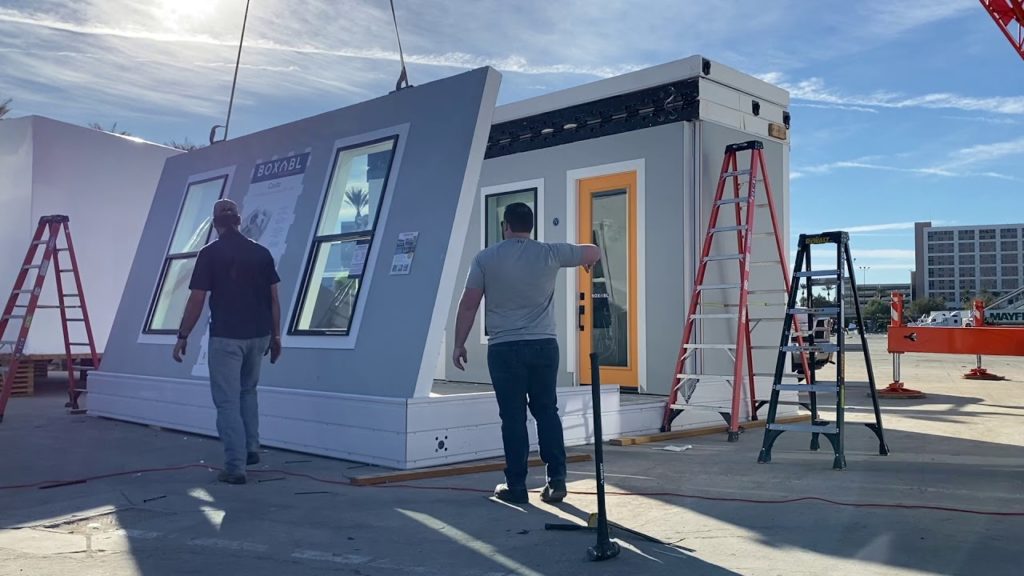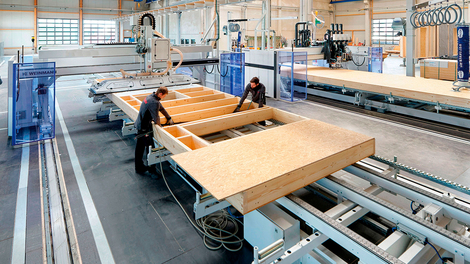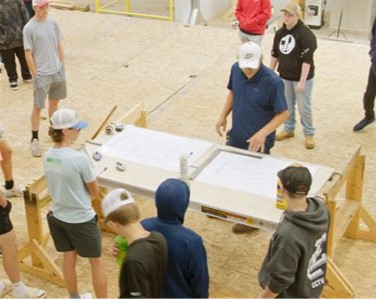I love writing about all the new modular home factories starting up to meet the need for affordable and low income housing. However, sometimes you have to ask yourself if that bright star in the distance promising the perfect answer to the affordable housing problem is nothing more than a mirage.

That’s the question you should be asking about Boxabl after reading this article by Daniel Geiger and Alex Nicoll in Insider:
Tiny homes, big problems
Boxabl promised to revolutionize housing. But production problems, questionable governance, and its founders’ lavish spending stand in the way.
Boxabl would seem to be a startup tailor-made for the moment. The company, founded in 2017 and based in North Las Vegas, manufactures tiny homes called Casitas that retail for just $60,000 each — a tantalizing price that has attracted a 157,000-person waiting list and over $4 million of down payments.
The 375-square-foot units have won celebrity endorsements, including from Elon Musk, who said he lived in one in Texas, near the headquarters of his rocket company, SpaceX.
Beyond their star appeal, low-cost tiny homes like Casitas have real-world utility. Boxabl claims its units are manageable to transport, simple to assemble, and, because they can be manufactured at scale, dramatically cheaper than traditionally built housing.

The homes have been seized upon as a solution for cities like Los Angeles to house the homeless. They’re also within financial reach for millions of Americans who have otherwise been squeezed by soaring rents and home prices.
But a lawsuit by a former high-ranking executive, the company’s financial disclosures, and an investigation by Insider into its corporate practices and structure raise questions of whether Boxabl is the groundbreaking solution to America’s housing crisis its founders claim — or a mirage in the Nevada desert.
That lawsuit, filed in Nevada state court in November 2021 by a former chief operating officer at Boxabl, alleges that Casitas cost significantly more to manufacture than the company has publicly acknowledged. The suit, which is ongoing, raises doubts about the company’s claim that it can build homes profitably but cheaply enough to remain affordable to the masses.
The father-and-son duo behind Boxabl, Paolo and Galiano Tiramani, meanwhile, have doubled their own salaries, sold off millions of dollars of their shares in the nascent firm, and spent lavishly on expensive cars, pricey real estate, and other luxuries.
There’s been little oversight when it comes to their swelling salaries and the millions of dollars Boxabl spends each year. Two people with direct knowledge of Boxabl’s finances and management structure said that a man accused of acting as an agent for the Iranian government and a woman who is romantically involved with the elder Tiramani oversee the company’s spending and financial disclosures.
The founders’ spendthrift habits would appear out of step for a firm that has hemorrhaged nearly $40 million in the past three years, struggled to establish a profitable business model, and sought more investments to remain afloat and scale its operations, experts on corporate governance say.
CLICK HERE to read the entire INSIDER article



